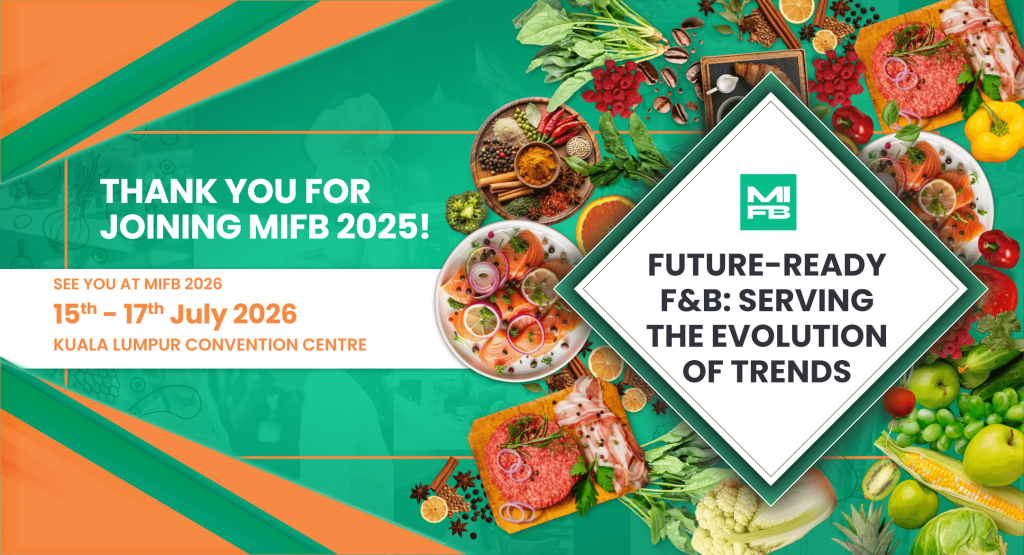Standards vary worldwide, but organic farming in general features practices that strive to cycle resources, promote ecological balance and conserve biodiversity.
The jury is still out on this one and the world is still waiting for the experts to reach a consensus on whether it’s better to go organic. While we wait for the scientists to conclude if going organic is really better for us, let’s look at the facts that we have available to us about organic produce.
No doubt that eating organic food, which is when foods are grown and harvested without the presence of chemical pesticides, is better for the body but does it really make that much of a difference?
Well, there are some foods that should be bought organic because it is beneficial to your wellbeing. Let me explain why. The human body has been designed to consume natural, whole foods.

Those which are free of chemicals, antibiotics, pesticides and genetic modification. These additives cause additional stress to the body as the liver has to work extra hard to remove them from the body. Don’t think that the chemicals are completely removed from our system. Most of them sit in there, accumulating until they finally start causing health issues.
So, why would you want to put something that doesn’t belong in your body, well, into your body? Research has also shown that eating organic does make a difference to one’s general health.
Although organic foods have been found to have higher amounts of vitamins, antioxidants, and other helpful substances, the difference is not enough to have a significant impact on your health. According to the Environmental Working Group, there are 13 fruits and vegetables that should be bought organic: Peaches | Apples | Sweet bell peppers | Celery | Nectarines Strawberries | Cherries | Lettuce | Grapes (imported) | Pears | Spinach | Potatoes

The American non-profit organisation claims that these fruits and vegetables, when grown conventionally and tested, had the highest pesticide load.
The organisation also points out that exposure to chemicals can have adverse effects on health, especially during fetal development and childhood. Some studies have indicated that children who consume organic foods have lower levels of pesticide metabolites in their bodies than those who eat conventional crops.
Going organic is not only going to make your body happy. Mother Earth will thank you as well. Pesticide and herbicide use has been proven to contaminate groundwater, ruin soil structures and promote erosion. Organic farming normally uses less energy too.
“The value they bring in areas like biodiversity, pollination, soil quality—if you were to put an economic value on those, and some researchers have, then it more than makes up for the higher price or price premium of organic food,” says John Reganold, professor of soil science and agroecology in Washington State University.
“When you look at ecosystem services, organic agriculture really shines.” Understandably, the budget can be an issue for most of the population.
A big turn-off about organic food is it’s a higher price tag and for most people, it is just not a budget-friendly option. Luckily, you can get away with buying the un-organic versions of the following: Bananas | Kiwi | Mangoes | Papaya | Pineapples | Oranges | Asparagus | Avocados |Brussel sprouts| Broccoli |Onions
So if budget is an issue, you should focus on picking out your produce from the organic aisle of your favourite supermarket. However, it is important to note that there is insufficient research and evidence to show that organic produce really is superior to its conventionally-grown counterparts.
So, if you really can’t afford to go fully organic, you can still keep yourself healthy by making smarter and healthier decisions in every other aspect of your life.
MIFB is the largest Food and Beverage Focused Trade event in the country which offers a platform for businesses from the industry to showcase their products and services at an international level. If you are looking to introduce, exchange, and learn about the latest innovation and technologies from around the world then MIFB is the place to be.



